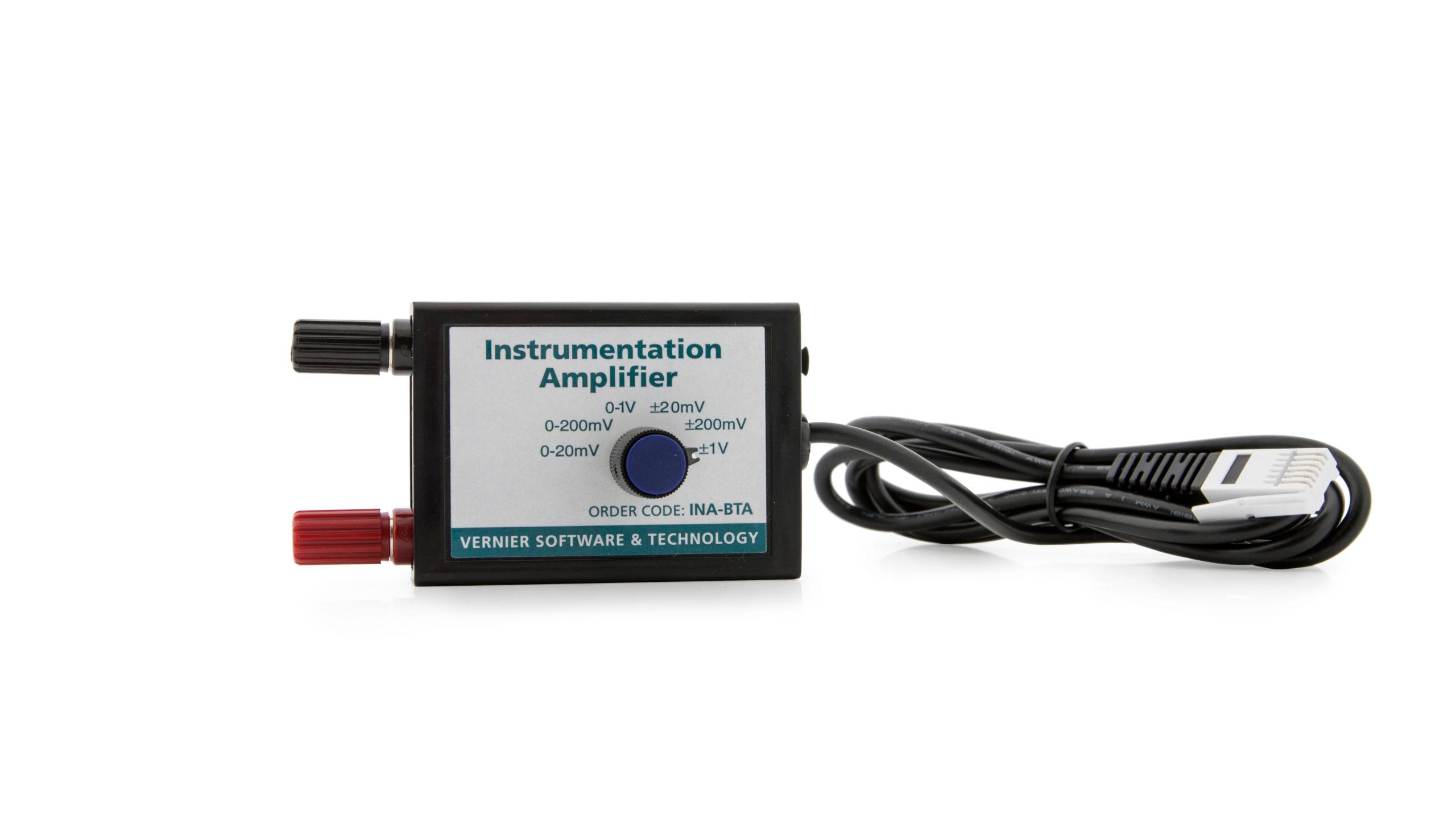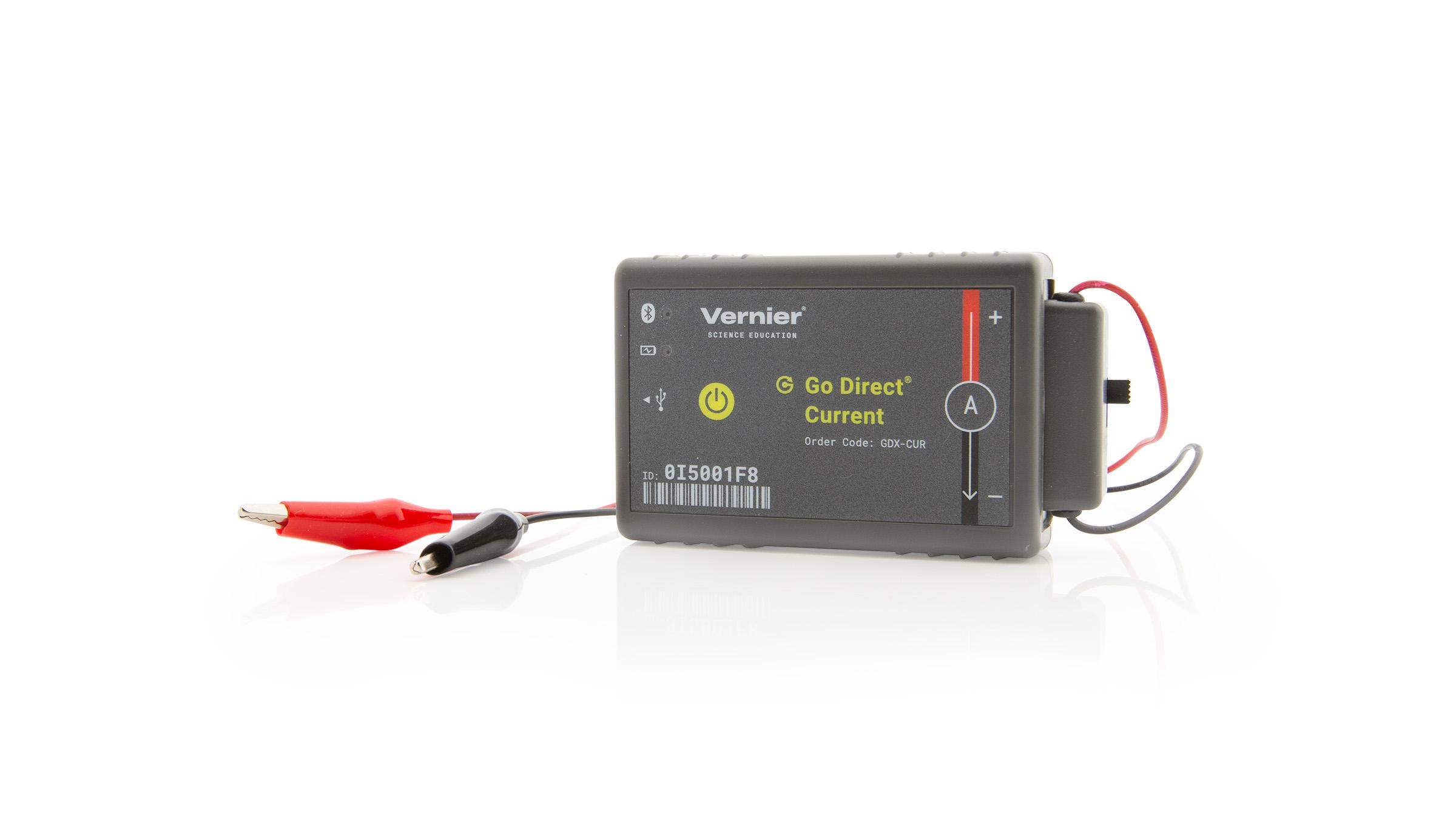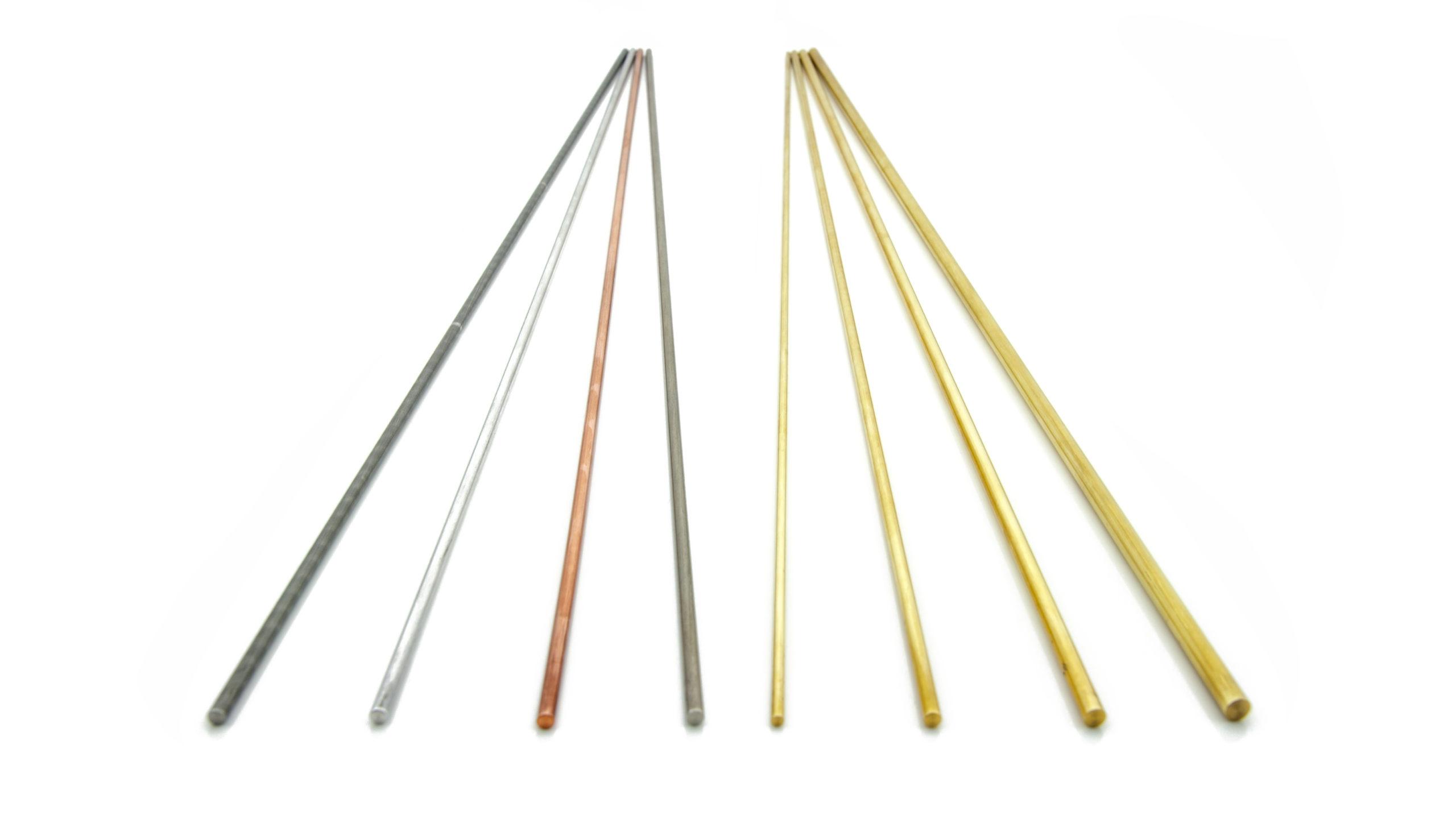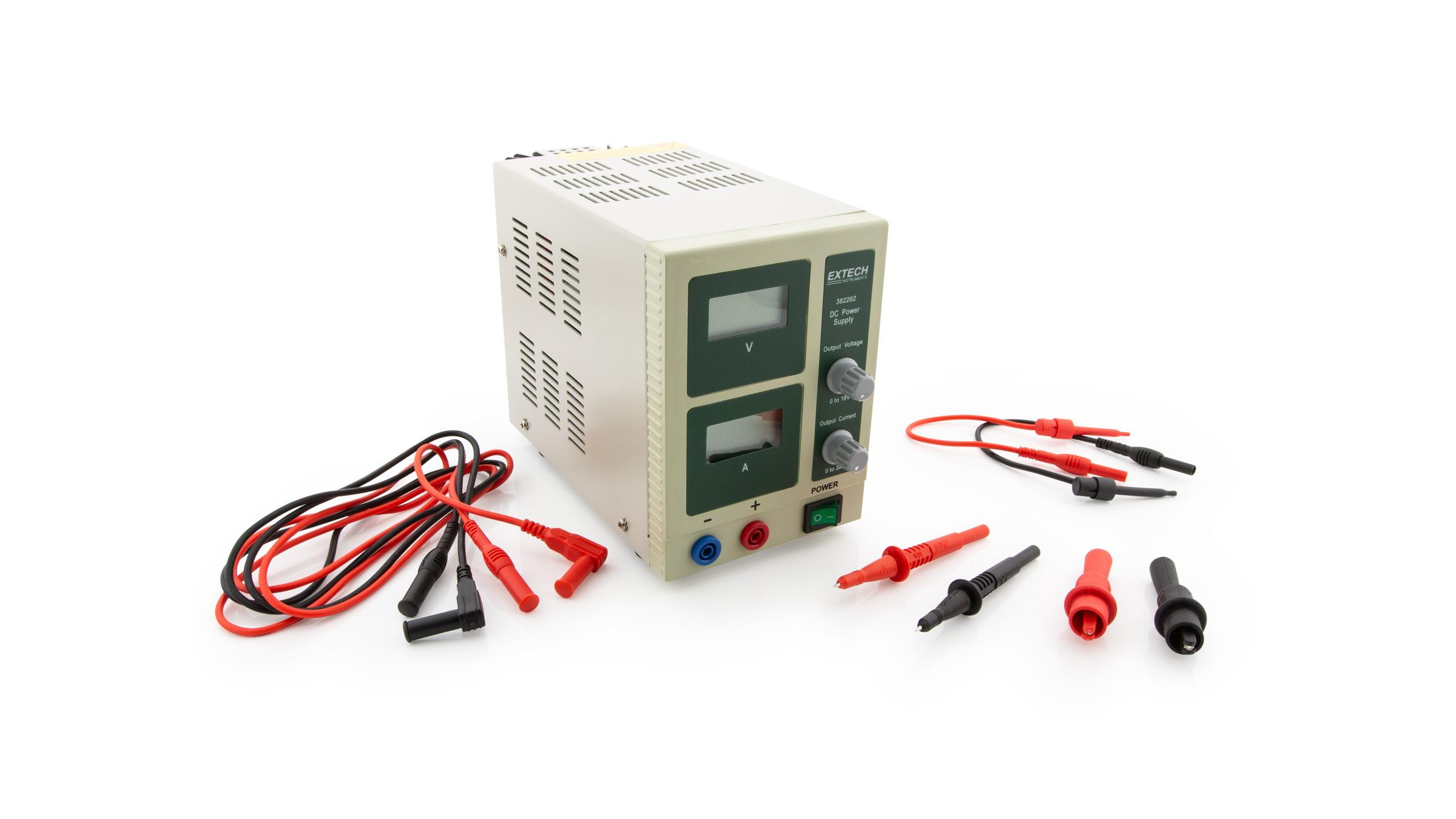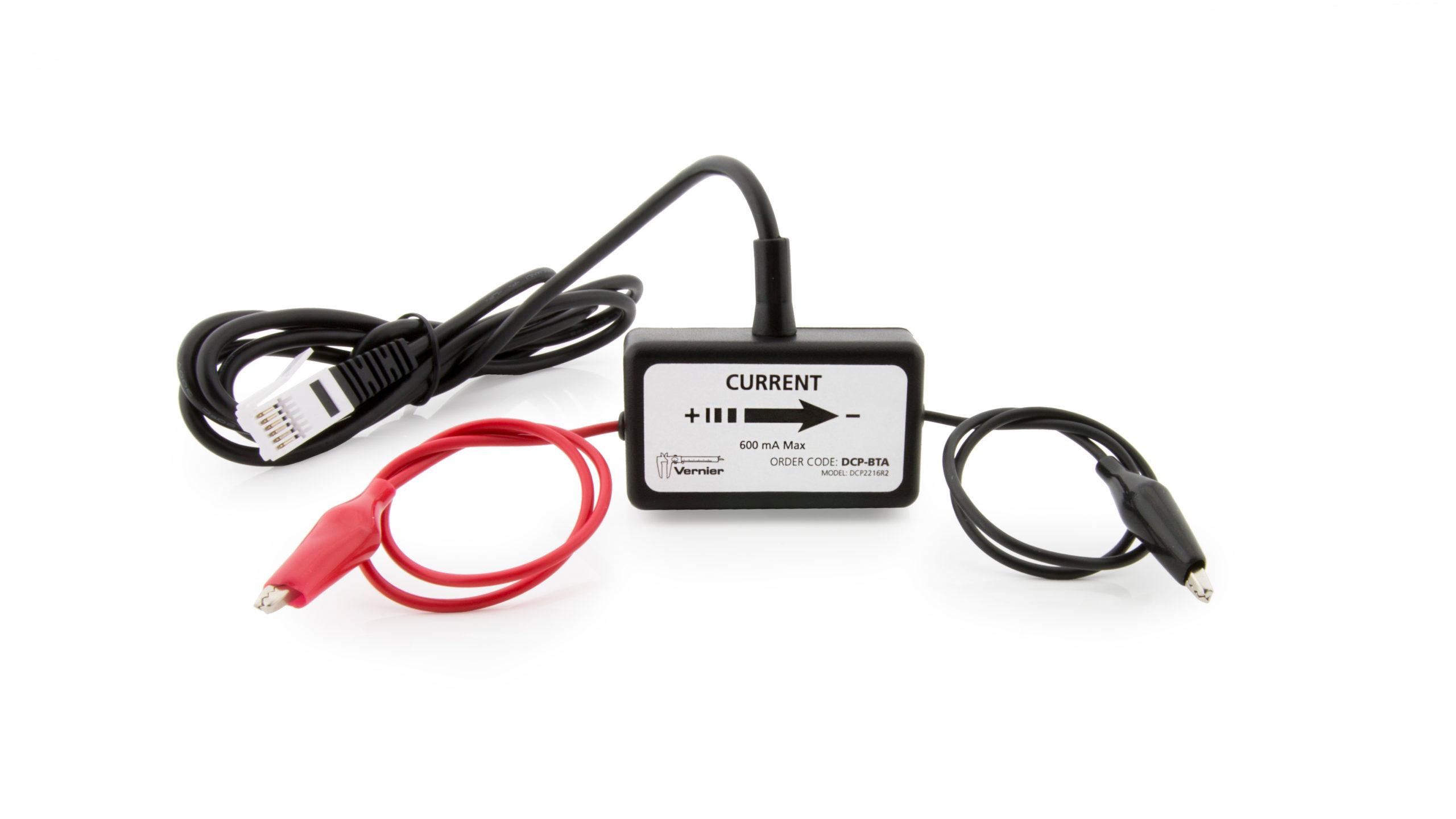Factors Affecting Electrical Resistance
Experiment #9 from Advanced Physics with Vernier — Beyond Mechanics
- Subject
- Physics
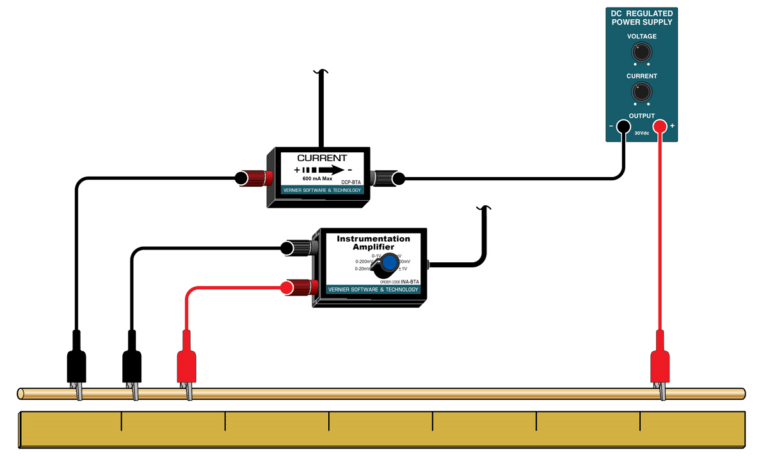
Introduction
Metals are generally excellent conductors of heat and electricity. Because of this, we tend to neglect any resistance in wires when we examine the behavior of ordinary loads (bulbs, resistors, motors, etc.) in electrical circuits. But metals are not perfect conductors, otherwise the wires in our toasters would not get hot. In this experiment, you will examine the factors that affect the electrical resistance of metals.
Objectives
In this experiment, you will
- Collect potential difference and current data for a number of metal rods.
- Determine the electrical resistance for each of the readings.
- Determine how length, cross-sectional area, and type of material affect the resistance of a metal rod.
Sensors and Equipment
This experiment features the following sensors and equipment. Additional equipment may be required.
Correlations
Teaching to an educational standard? This experiment supports the standards below.
- International Baccalaureate (IB)/Physics
- Investigating one or more of the factors that affect resistance
Ready to Experiment?
Ask an Expert
Get answers to your questions about how to teach this experiment with our support team.
- Call toll-free: 888-837-6437
- Chat with Us
- Email support@vernier.com
Purchase the Lab Book
This experiment is #9 of Advanced Physics with Vernier — Beyond Mechanics. The experiment in the book includes student instructions as well as instructor information for set up, helpful hints, and sample graphs and data.

